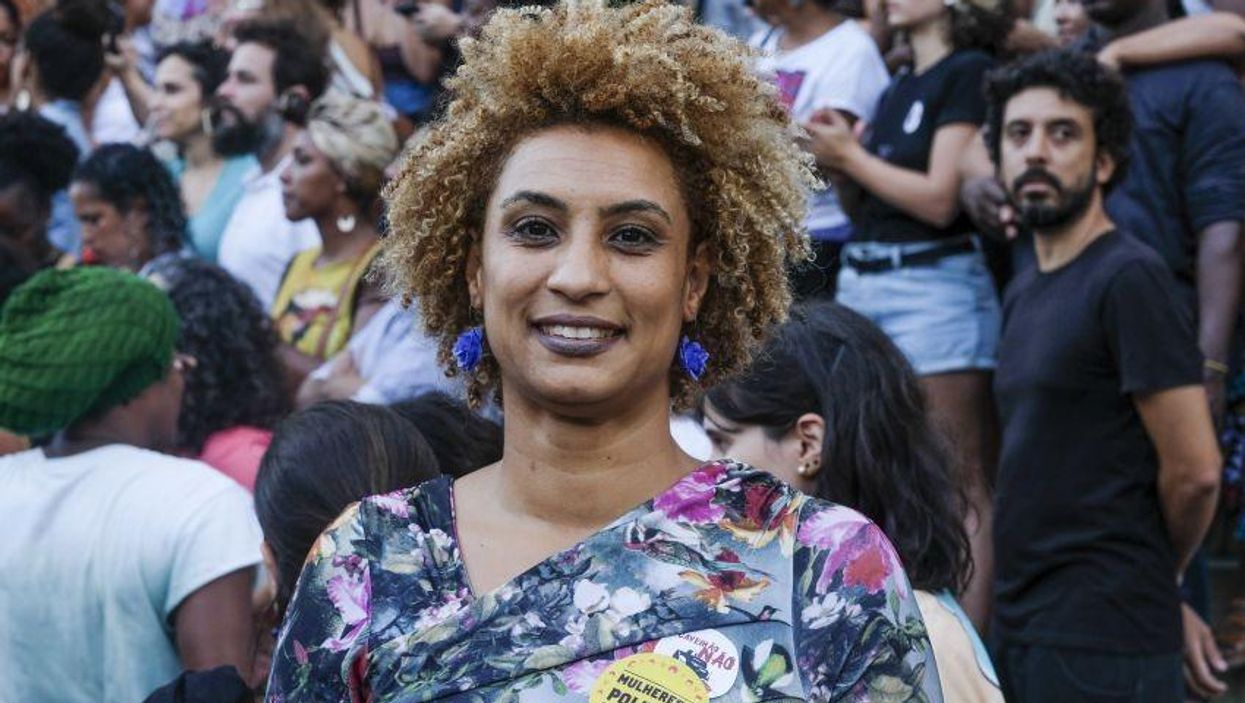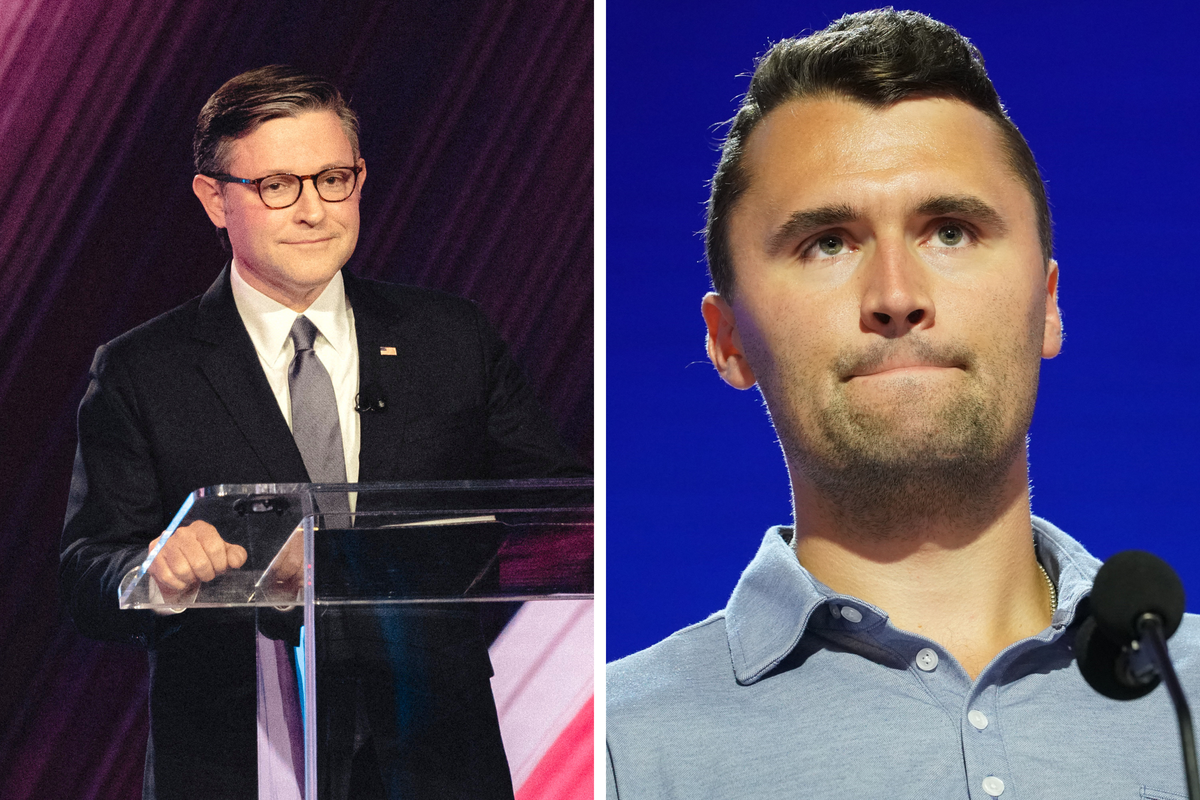Viral
Narjas Zatat
Mar 19, 2018

AP
Marielle Franco, a black lesbian activist who came from a Brazilian favela, worked tirelessly against corruption in the country’s elite.
She was a beacon of hope for Brazilians, many of them women who supported her tireless commitment to those who exist in the country’s periphery – poor and marginalised communities.
She was elected in Rio de Janeiro city council elections in 2016, but the optimism quickly disappeared on the 14 March, when the 38-year-old politician was assassinated.
The civil rights activist had been leaving a black women’s event on empowerment – one she had organised herself – when a car drove by and shots were fired, killing both her and her driver Anderson Pedro Gomes. Her press officer Fernanda Chaves was injured.
Just last weekend, Franco lamented on social media what she alleged were recent police killings. "Another homicide of a young man that could be credited to the police. Matheus Melo was leaving church when he was killed. How many others will have to die for this war to end?" she wrote in her last post on Twitter.
News of the devastating event spread across social media like wildfire. According to Brazilian website Piaui, in the 42 hours following her death, there were 3.6 million tweets about her from users in 54 countries.
Thousands took to the streets of Brazil's largest cities on Thursday night to protest the execution-style murder of a popular Rio de Janeiro city councilwoman, an outspoken critic of police killings of poor residents.
Investigators, prosecutors and even drug gang leaders said the shooting of Marielle Franco, 38, a rising star in the Socialism and Liberty Party (PSOL), appeared to be a political assassination.
"It is far too soon to say, but we are obviously looking at this as a murder in response to her political work, that is a main theory," said a Rio de Janeiro public prosecutor, who spoke to Reuters on condition that he not be named as he was not authorised to discuss the case.
Rivaldo Barbosa, head of Rio's Civil Police, told reporters, "One of the possibilities in analysis is, yes, an execution." He did not speculate on who may have been responsible.
Franco worked in Rio de Janeiro’s human rights commission for ten years before she ran for, and won a seat on the city council as a member of the liberal Socialism and Liberty Party.
The killing comes just a month after President Michel Temer put the military in charge of security in Rio, which is experiencing a spike in violence less than two years after hosting the 2016 Summer Olympics.
The so-called intervention is controversial because it has put thousands of troops on the streets and, at least so far, doesn't appear to be having an impact. It's also being criticised because generals don't appear to have the appetite to take on major components of the violence: endemic police corruption and heavy-handed tactics.
At Brazil's Congress in Brasilia, lawmakers of Franco's party demanded that an independent commission investigate the crime. Some wondered publicly whether Franco might have been targeted by police. Temer, a political adversary of Franco's, called the assassination "an act of cowardliness" and defended the intervention in a video statement to the nation.
Additional reporting: Agencies
More: 'You're absolutely not alone' – A powerful message from the woman who fought revenge porn, and won
More: UK Black Pride founder 'Lady Phyll' talks diversity, white privilege and Black Panther
Top 100
The Conversation (0)












